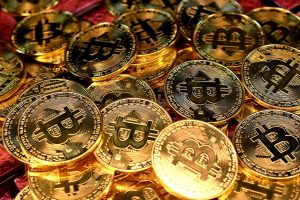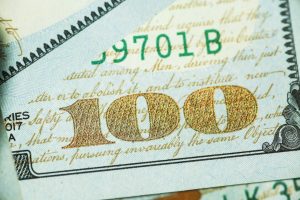Forex (Foreign Exchange) trading is a global industry that involves the buying and selling of currencies from different countries. The US forex market is one of the largest in the world, with a daily trading volume of $5.3 trillion. The market is open 24 hours a day, five days a week, and is accessible to traders from all over the world.
The US forex market is regulated by the Commodity Futures Trading Commission (CFTC) and the National Futures Association (NFA). These regulatory bodies ensure that forex brokers operating in the US comply with the necessary rules and regulations to protect traders and maintain the integrity of the market.
Who are the players in the US forex market?
1. Retail traders
Retail traders are individual traders who trade forex for personal gain. Retail traders can use a forex broker to access the market and trade currencies. Retail traders can trade in different sizes, from micro-lots to standard lots, depending on their capital.
2. Institutional traders
Institutional traders are large corporations, banks, and hedge funds that trade forex on a larger scale. Institutional traders have access to more resources and market information, which allows them to trade with larger positions and higher leverage.
3. Forex brokers
Forex brokers are intermediaries that provide traders with access to the forex market. Forex brokers offer trading platforms, tools, and resources to traders to help them make informed trading decisions. Forex brokers earn their revenue from spreads and commissions charged on trades.
4. Market makers
Market makers are financial institutions that provide liquidity to the forex market. Market makers buy and sell currencies on behalf of their clients, ensuring that there is always a buyer or seller in the market. Market makers earn their revenue from the spread between the buy and sell prices of a currency pair.
5. Central banks
Central banks are the regulatory bodies that oversee the monetary policy of a country. Central banks can intervene in the forex market to stabilize their currency’s value or to control inflation. Central banks can use tools such as interest rate adjustments and open market operations to influence the forex market.
What are the advantages of trading forex in the US?
1. Robust regulatory framework
The US forex market is highly regulated, ensuring that traders are protected from fraudulent activities and market manipulation. The CFTC and NFA have put in place strict regulations that forex brokers must adhere to, ensuring that traders can trade with confidence.
2. High liquidity
The US forex market is the largest in the world, providing traders with high liquidity. High liquidity means that traders can enter and exit trades easily, and there is always a buyer or seller in the market.
3. Access to advanced trading tools
Forex brokers in the US offer advanced trading tools and platforms to traders, enabling them to make informed trading decisions. Traders can access real-time market data, charting tools, and automated trading systems to enhance their trading experience.
4. Low trading costs
Forex brokers in the US offer competitive spreads and low commissions, making forex trading affordable for retail traders. Traders can also access leverage of up to 50:1, allowing them to trade larger positions with a smaller capital.
Conclusion
The US forex market is a highly regulated and competitive industry that offers traders a wealth of opportunities. Traders can access advanced trading tools, low trading costs, and high liquidity, making forex trading a viable investment option. Whether you are a retail trader or an institutional trader, the US forex market provides a level playing field for all traders.





